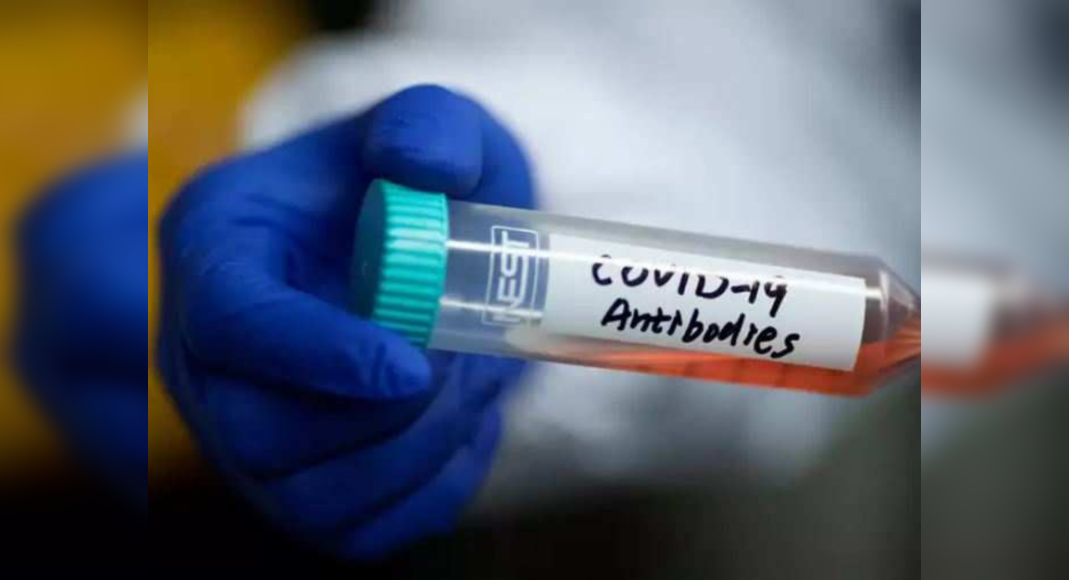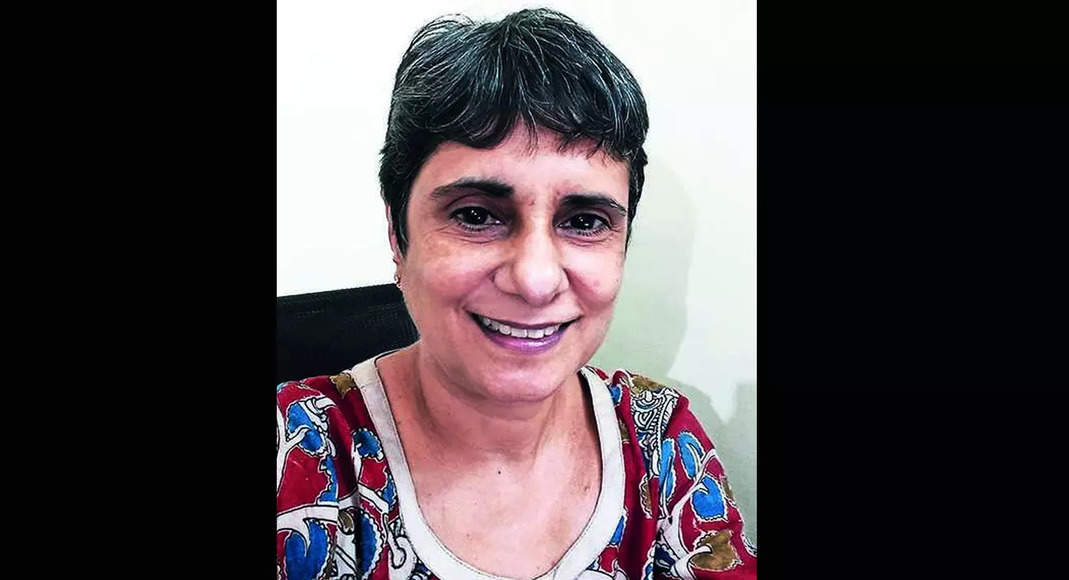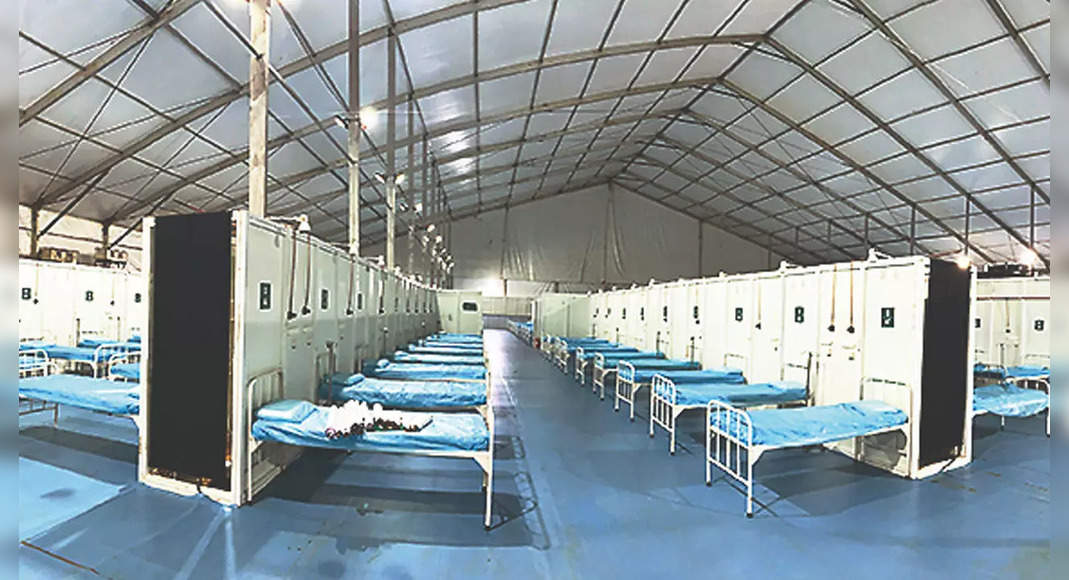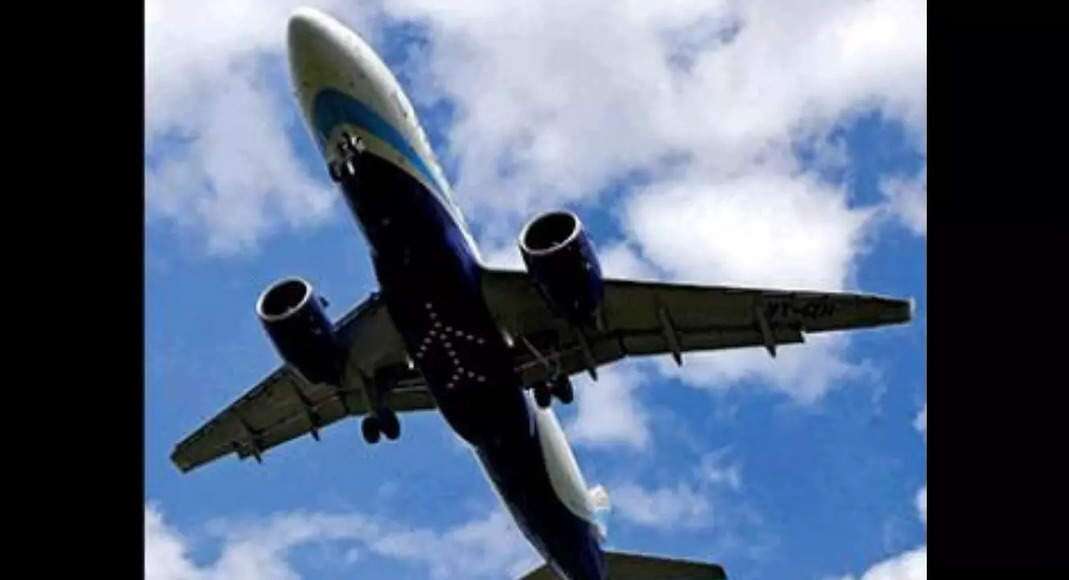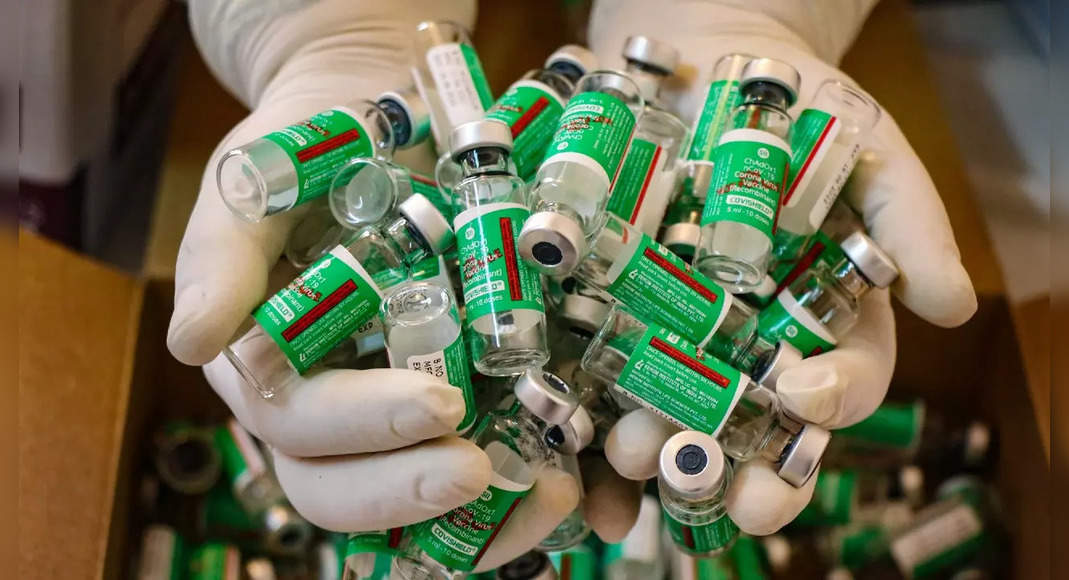PUNE: Avinash, 45, was taken aback when he recently tested negative for antibodies, despite taking both doses of the vaccine.
Bhumika’s case is different — the 30-year-old was elated when a test showed she had optimum antibody levels after just the first shot.
Six months into the vaccination programme, such examples are now plenty.
But the Indian Council of Medical Research National Institute of Virology (ICMR-NIV) does not currently recommend antibody testing after Covid vaccination.
The reason is antibody levels can vary according to a person’s genetic make-up and even the type of antibody test used.
And if a post-vaccination antibody test comes back as negative, it does not mean the vaccine has failed.
The shots can stimulate memory cells and still confer protection.
Experts also said presence of post-vaccination antibodies should not be treated as a “license to be careless”.
People with antibodies can still contract Covid, even though it’ll mostly be mild.
“Post-vaccination antibody testing is not recommended due to the variable sensitivity and specificity of the commercially available antibody assays (tests),” Priya Abraham, ICMR-NIV director, told TOI.
Also, the commercially available kits cannot differentiate between vaccine-induced antibodies and antibodies after natural infection or break-through events.
“Besides, the minimum level (threshold) of protective antibodies in the blood is not yet precisely defined.
Many breakthrough infections have been reported after one or two doses, despite presence of antibodies.
Most are mild cases and require no hospitalization.
So checking antibodies post-vaccination or natural infection serves no purpose,” said virologist Deepak Gadkari, former director of NIV.
Other key variables in antibody assays are labs and timing of the tests after the jabs.
“It takes two to three weeks for a robust antibody response to build after vaccination,” said infectious diseases expert Parikshit Prayag.
Commercially available test kits can detect antibodies against the nucleocapsid protein as well as the spike.
“Nucleocapsid antibodies are generated only after natural infection, while the presence of spike protein antibodies (IgG) could mean past infection or response to the Covishield vaccine,” Prayag said.
Covishield uses only the spike protein and not the whole virus.
“We perform a spike protein IgG antibody test, which is quantitative, qualitative and indicative of the presence of S1 and S2 subunits of the spike protein of the novel coronavirus.
These spike protein IgG antibodies are seen in blood after natural infection or after Covishield vaccination,” said pathologist Avanti Golwilkar-Mehendale, head of A G Diagnostics – one of the city’s designated private Covid labs.
The SARS-CoV-2 nucleocapsid antibody will not, therefore, be detected following the Covishield vaccine.
But it can be detectable after natural infection or maybe after vaccination with Covaxin, Golwilkar-Mehendale said.
So, taking the wrong type of antibody test can also shift the result.
Experts said citizens should consult their physicians to better understand antibody dynamics.
“If your spike protein IgG is negative post-vaccination, your healthcare provider will consider the test result together with other aspects of medical history such as symptoms, possible exposures and geographical location of places you have recently traveled to before deciding how to care for you,” Prayag said.
Presence of antibodies after the first dose and increase after the second is proven in different studies.
Besides, there are commercial kits available to determine presence of anti-SARS-CoV2 antibodies.
But these kits do not detect ‘neutralizing’ or protective antibodies.
“Neutralization test requires live infectious virus or pseudo-virus to detect ‘protective’ antibodies.
Private laboratories are unlikely to have such facilities,” Gadkari said.

